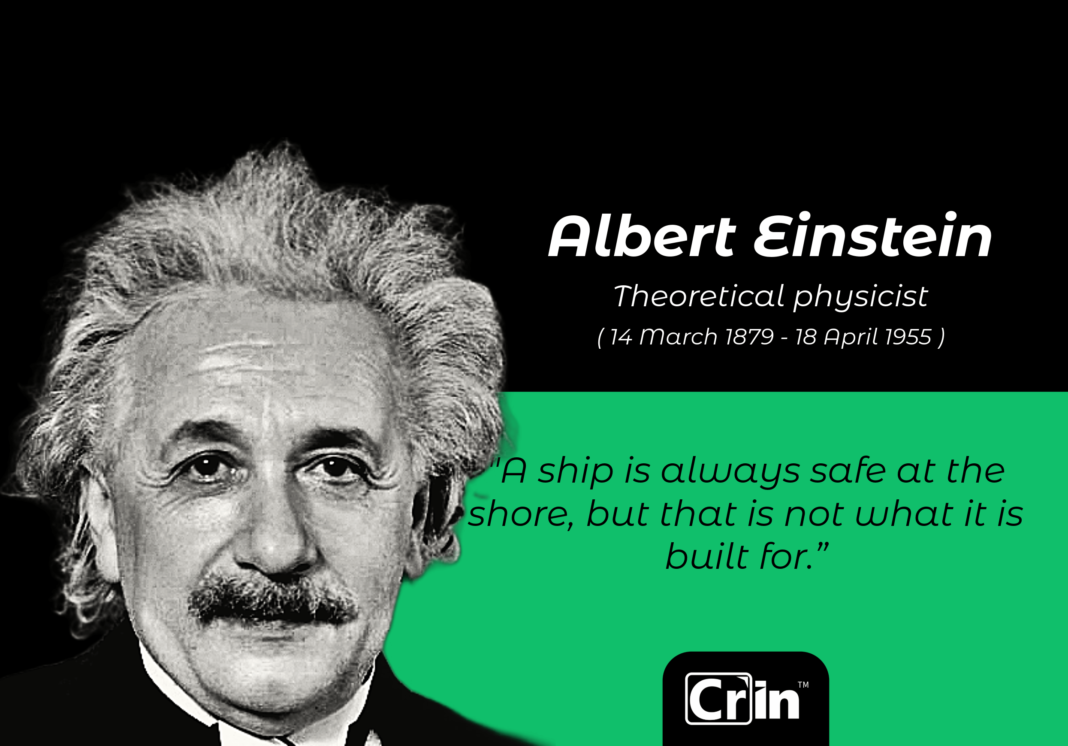Brief Description :-
Albert Einstein, a name synonymous with brilliance, revolutionized our understanding of the universe. This German-born theoretical physicist (1879-1955) is widely considered one of the most influential scientists of all time.
Einstein’s journey began in Germany, but his intellectual path diverged from traditional schooling. Though often portrayed as a poor student, he was actually quite curious and independent in his thinking. This independent streak fueled his groundbreaking ideas.
Einstein’s “miracle year” came in 1905. In a burst of creativity, he published four groundbreaking papers that shook the foundations of physics. One of these papers explained the photoelectric effect, for which he later won the Nobel Prize in Physics in 1921. But it was his theory of relativity that truly set him apart.
The theory of relativity challenged the long-held Newtonian view of gravity. Einstein proposed that gravity wasn’t a force, but rather a curvature of spacetime caused by massive objects. This theory, although complex, has been repeatedly validated by experiments and observations, even forming the basis for our understanding of black holes.
Einstein’s impact wasn’t limited to physics. He was a vocal advocate for peace and social justice, and his famous equation E=mc² highlighted the equivalence of mass and energy, leading to the development of nuclear power.
Even today, over a century after his groundbreaking work, Einstein’s theories continue to shape our understanding of the universe. His legacy serves as a testament to the power of curiosity, independent thinking, and the relentless pursuit of knowledge.
For detailed information kindly visit Albert Einstein on Wikipedia



